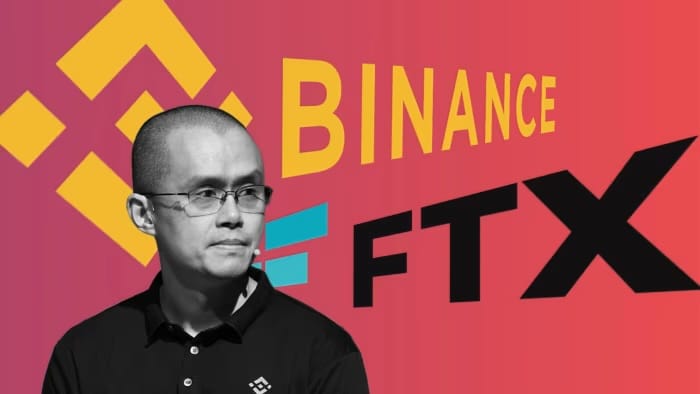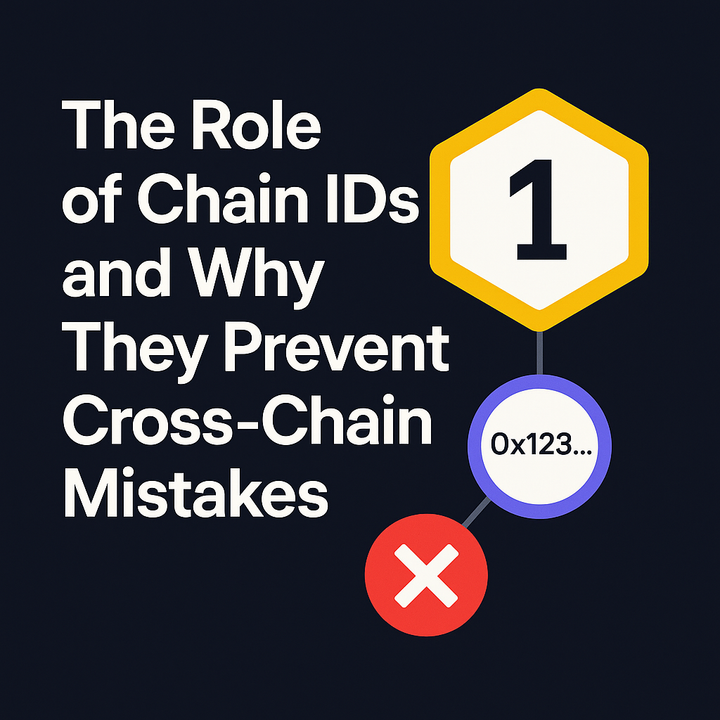Binance’s Founder—Changpeng Zhao—Moves to Dismiss FTX’s $1.8B Lawsuit

Former Binance CEO CZ seeks to throw out FTX’s attempt to claw back $1.8 billion, citing jurisdictional gaps and limited involvement—here’s what’s at stake and what it means for crypto legal precedent.
Introduction
Changpeng “CZ” Zhao, former CEO of Binance, has formally asked a Delaware bankruptcy court to dismiss a $1.8 billion lawsuit brought by FTX’s bankruptcy estate. The dispute stems from a 2021 share repurchase deal between Binance and FTX. FTX alleges that the deal was “fraudulent” and improperly funded, using customer assets through opaque offshore structures.
CZ's motion pivots on two central defenses: jurisdictional challenge—arguing his ties to Delaware or the U.S. are virtually nonexistent—and a lack of legal merit, positioning himself as a nominal counterparty, not a direct recipient or orchestrator of any wrongdoing. Let’s unpack the background, the legal strategy, and the broader implications for crypto jurisprudence.
FTX’s $1.8 Billion Lawsuit: The Core Complaint
The lawsuit, filed in November 2024, accuses Binance and CZ of participating in a fraudulent $1.76 billion share buyback from FTX. According to the FTX bankruptcy estate, the transaction was orchestrated at a time when FTX was insolvent—using customer funds pooled from Alameda Research to repurchase Binance’s approximately 20% stake in its international unit and 18.4% in its U.S. branch. The deal was settled using FTT, BUSD, and BNB tokens Financial TimesThe Verge.
FTX further argues that CZ’s tweets—broadcasting Binance’s sale of FTT—helped trigger a collapse in sentiment and a liquidity run which accelerated FTX’s downfall New York PostFinancial Times.
CZ’s Motion: Two-Pronged Defense
1. No Jurisdiction in Delaware or the U.S.
CZ emphasizes he resides in the United Arab Emirates and has no meaningful presence in Delaware. His legal team asserts:
“The claims are so far removed from Delaware, and even the United States, that the statutes at issue, which lack extraterritorial application, do not even apply.” CointelegraphAInvest
The challenged share buyback involved entities based in the Cayman Islands, Ireland, and the British Virgin Islands (BVI)—with no formal nexus to U.S. jurisdiction. CZ insists being served via U.S.-based counsel doesn’t satisfy service requirements for a foreign national Crypto BriefingUNLOCK Blockchain.
2. Nominal Counterparty, Not Beneficiary
CZ’s filing clarifies that he was not the beneficiary of the funds used in the deal. He was only a nominal counterparty, lacking control or dominion over the assets exchanged. His involvement, they argue, does not meet the threshold for liability under U.S. law AInvestCointelegraph.
Importantly, his attorneys frame the lawsuit as an attempt to scapegoat him—as he explains:
“Plaintiffs nonsensically blame Mr. Zhao and others for Mr. Bankman-Fried’s failings.” AInvestCointelegraph
Why This Legal Strategy Matters
Setting Legal Precedent for Crypto Movements
Crypto transactions often cross borders and involve complex stakeholder webs. A court acknowledging jurisdictional limits in this case could strengthen protections for global participants and clarify legal thresholds for liability.
Whistleblower vs. Accused?
CZ’s posturing mirrors a whistleblower defense—arguing he wasn’t seeking to destabilize FTX but was vocalizing perceived risks. That framing could influence public and legal sentiment around executive responsibility in high-risk platforms.
A Foothold for Jurisdictional Shields
If successful, CZ’s motion may encourage other crypto actors to structure operations offshore or limit their U.S. nexus—a tactic that may raise questions about regulatory reach versus safe harbor.
The Road Ahead
The Delaware court will need to resolve jurisdiction and service issues before addressing FTX’s substantive fraud claims. If it dismisses the filings, FTX may have to refile in a different venue, increasing complexity and potential delay in creditor recovery.
Other Binance executives named in the suit—like Samuel Wenjun Lim and Dinghua Xiao—have filed similar motions, suggesting a unified defense front CointelegraphAInvest.
Why the Market Should Watch
This case isn't just a personal defense—it’s a test of legal architecture in crypto. Rulings here could impact:
- Cross-border liability and contract enforcement
- Executives’ personal exposure in token deals
- Regulator strategies for handling offshore entities in digital assets
Whether you're a legal watcher, token issuer, or just a curious crypto observer—this fight will tell us how much U.S. courts can (and will) reach into global crypto dealings.
Internal Mitosis Links & Glossary References
- Bitcoin
- Blockchain
- Cryptocurrency
- Mitosis Core: https://university.mitosis.org/mitosis-core
- Governance: https://university.mitosis.org/governance
- Glossary: https://university.mitosis.org/glossary/
- Ecosystem Connections: https://university.mitosis.org/ecosystem-connections



Comments ()